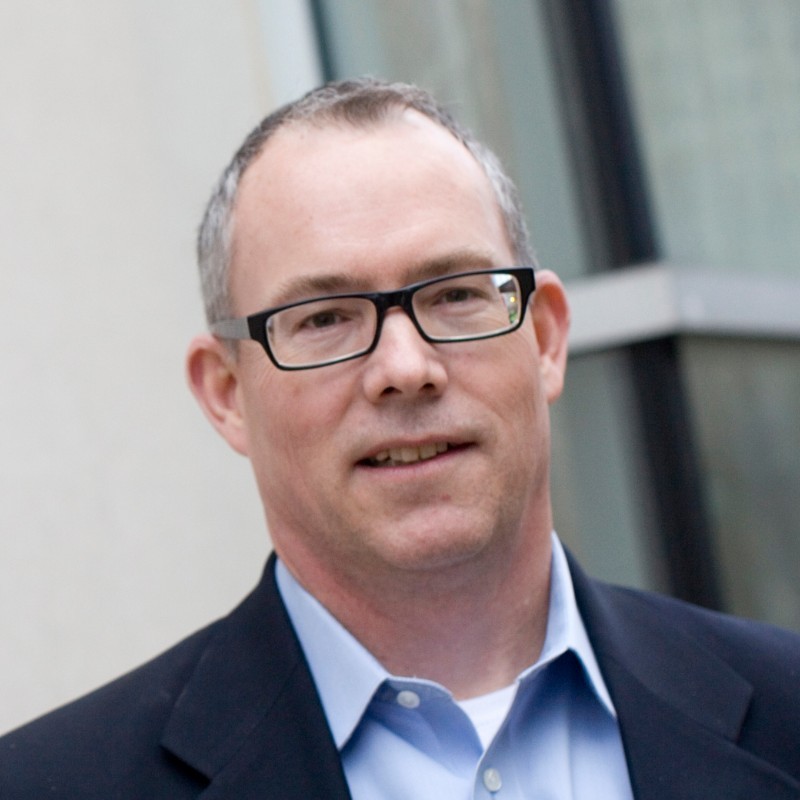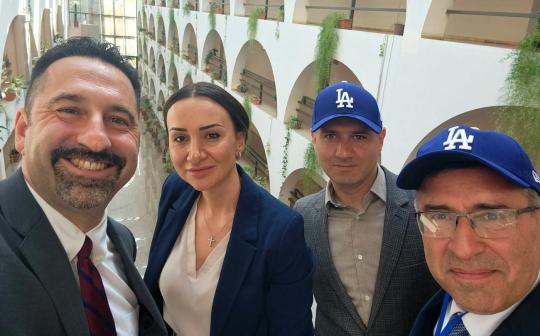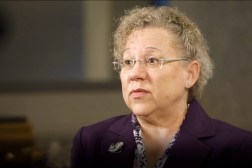Colorado’s new CIO prioritizes people, processes

Last month, David Edinger, a former Denver tech official, was selected as Colorado’s statewide chief information officer — but before he gets into which software and systems the state is using, he said he wants to focus on the people and processes that are moving technology efforts forward.
Edinger comes to the Colorado Office of Information Technology from the City and County of Denver, where he spent nearly 16 years working his way up from special assistant to the mayor to serving as CIO. In his new role with the state, Edinger replaces Tony Neal-Graves, who announced in July he would retire this month after two years as Colorado’s top tech official.
Prior to his time with Denver, Edinger held a variety of jobs in the private sector. He described his career trajectory as moving up through the data science space, though he said that back in the 90s, it wasn’t called data science. He started out as a consultant helping large pharmaceutical and biotech firms figure out how to scale and structure their sales forces, as well as take advantage of emerging productive technologies, such as spreadsheets.

“Before people talked about data-driven decision making, and before people talked about data science, that’s really what it was all about,” Edinger told StateScoop. “While my skills were at one point good enough that I was talked about as the ‘data guy’ everywhere, they pale in comparison to the power of the tools and the power of the disciplines that people have on our data team, on our [geographic information systems] team. It’s a completely different world.”
Edinger later cofounded a private equity fund called Kestrel Ventures. He said the fund helped to run third-party fulfillment warehouses and used data science to maximize the operational efficiency of receiving, picking and shipping product orders. Eventually the company was sold and he then served for a decade as the chief executive of BroadWing LLC, another warehouse and order fulfillment logistics company.
In 2008, he joined the City and County of Denver. During his tenure, Edinger helped to create Peak Performance, an in-house tech innovation coaching program that’s available to city and county employees. Launched in 2011, it was designed to provide frontline employees with tools to make data-driven decisions and improve their work. Denver claims the program’s saved the city more than $74 million. Edinger said the success and uniqueness of the program generated the interest of more than 350 other governments whose officials wanted to learn how to replicate it.
“The reason that it was unique is we were investing in a very specific way for our employees,” Edinger said. “That is different than sending somebody to do a class on Excel or sending them to a conference where they can learn about how to lead or something like that, and it created a culture that is very unique there.”
The approach of investing in employees is something that Edinger said he wants to bring to Colorado’s IT organization. While he’s only been in the role for a few weeks, he said that there are some pretty noticeable differences between being a CIO at the local level versus the state level.
“That’s a key difference between jumping in at Denver, where it was obvious what we needed to fix within a few weeks, and here where we have maybe more mature organization that doesn’t have those same types of obvious fires, but I’ve never found a government organization yet that didn’t have an opportunity for improvement,” Edinger said.
Edinger said there’s a major opportunity for improvement by creating a work environment in which everyone understands the strategy and knows how they fit into that strategy. He said that without this crucial piece of the operational puzzle, it’s hard for the workforce to be engaged and effective — especially in the midst of the public sector’s longstanding workforce issues.
“I would say I’m a CIO who looks at innovation. I’m really about innovation and technology, and thinking about it from the triangle of people, process, technology,” Edinger said. “I know that when we when we focus solely on technology, and we leave the people in the process behind, we end up with a really subpar outcome.”
Also on Edinger’s to-do list is to pick a new statewide chief information security officer. Ray Yepes, who has served as CISO since April 2022, stepped away from the role in September. Since then, Jill Fraser, the technology office’s senior director of security operations, has served as interim replacement. Edinger said he is looking for a cybersecurity leader who can also manage.
“We have a lot of talent on our team that will be under the CISO, but to mature that team and that talent is going to take somebody who’s willing to dive in and has been at all levels and manage those folks, organize them, set up performance frameworks and help them mature,” Edinger said.






